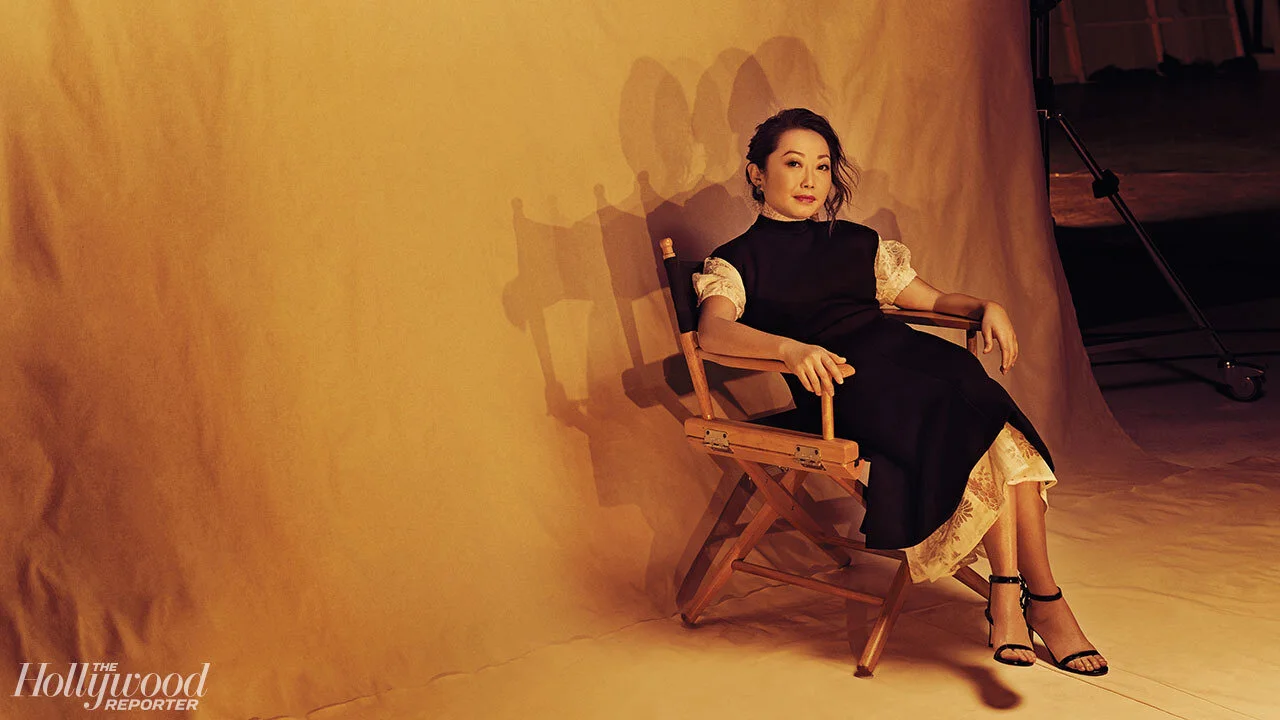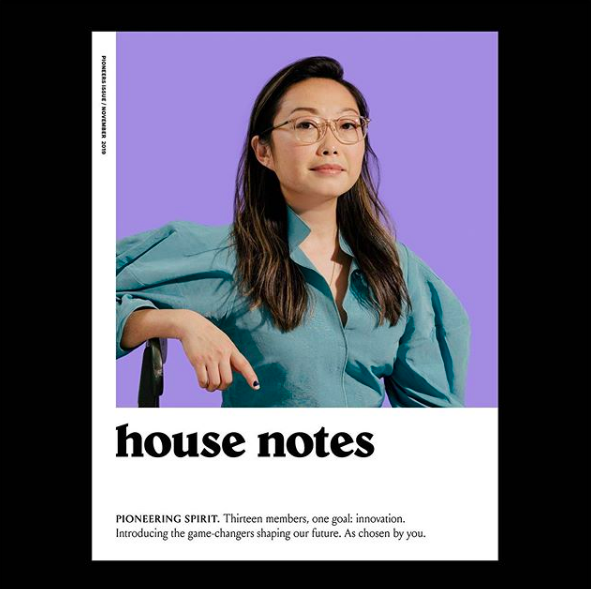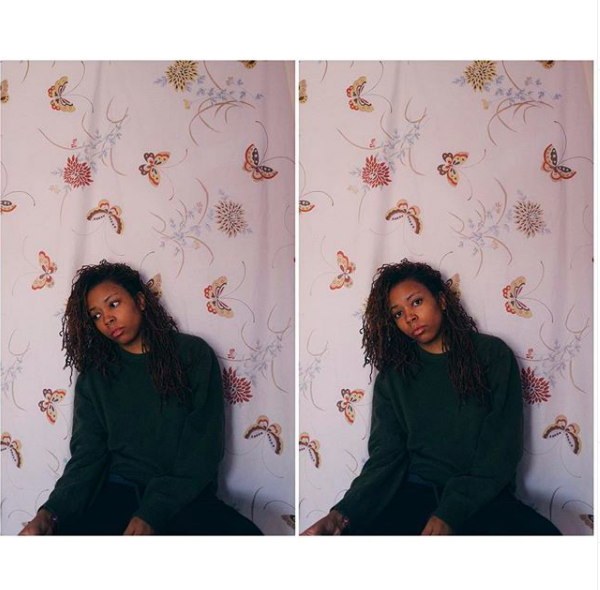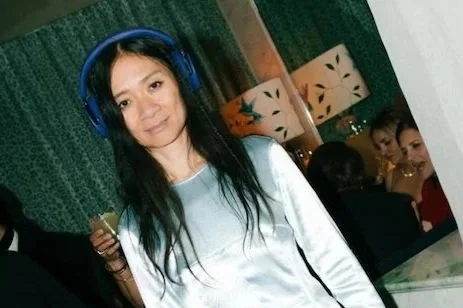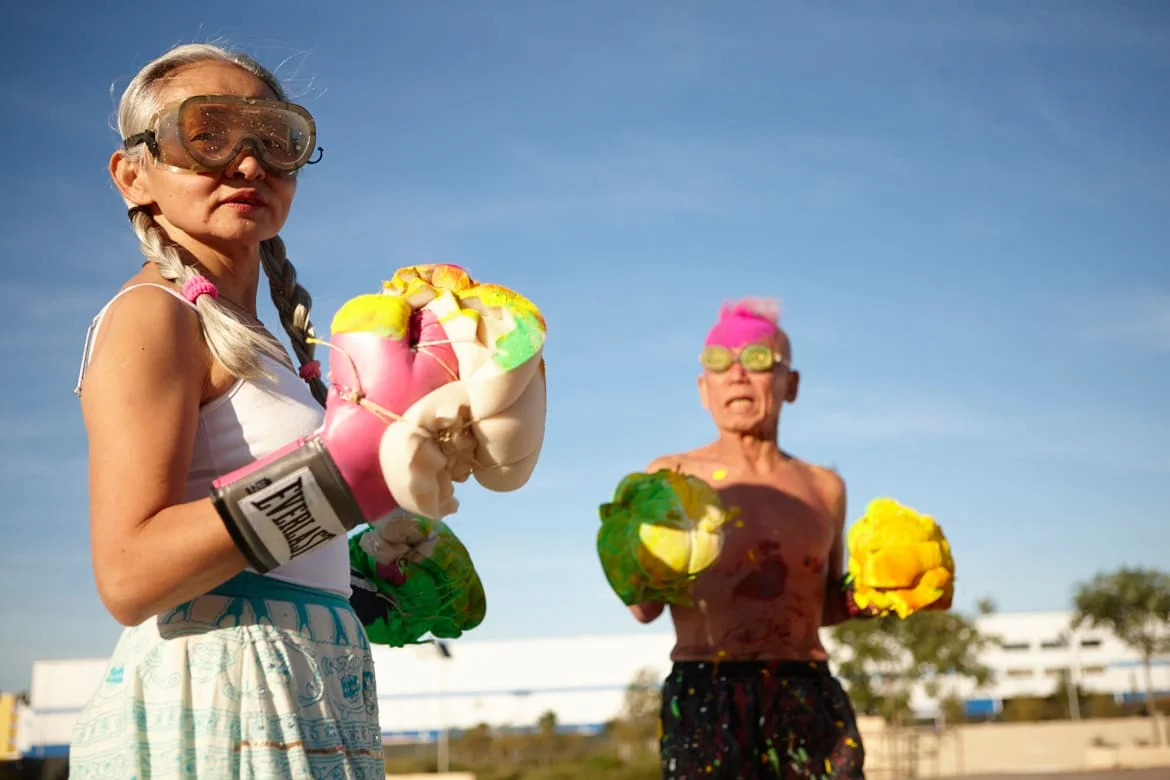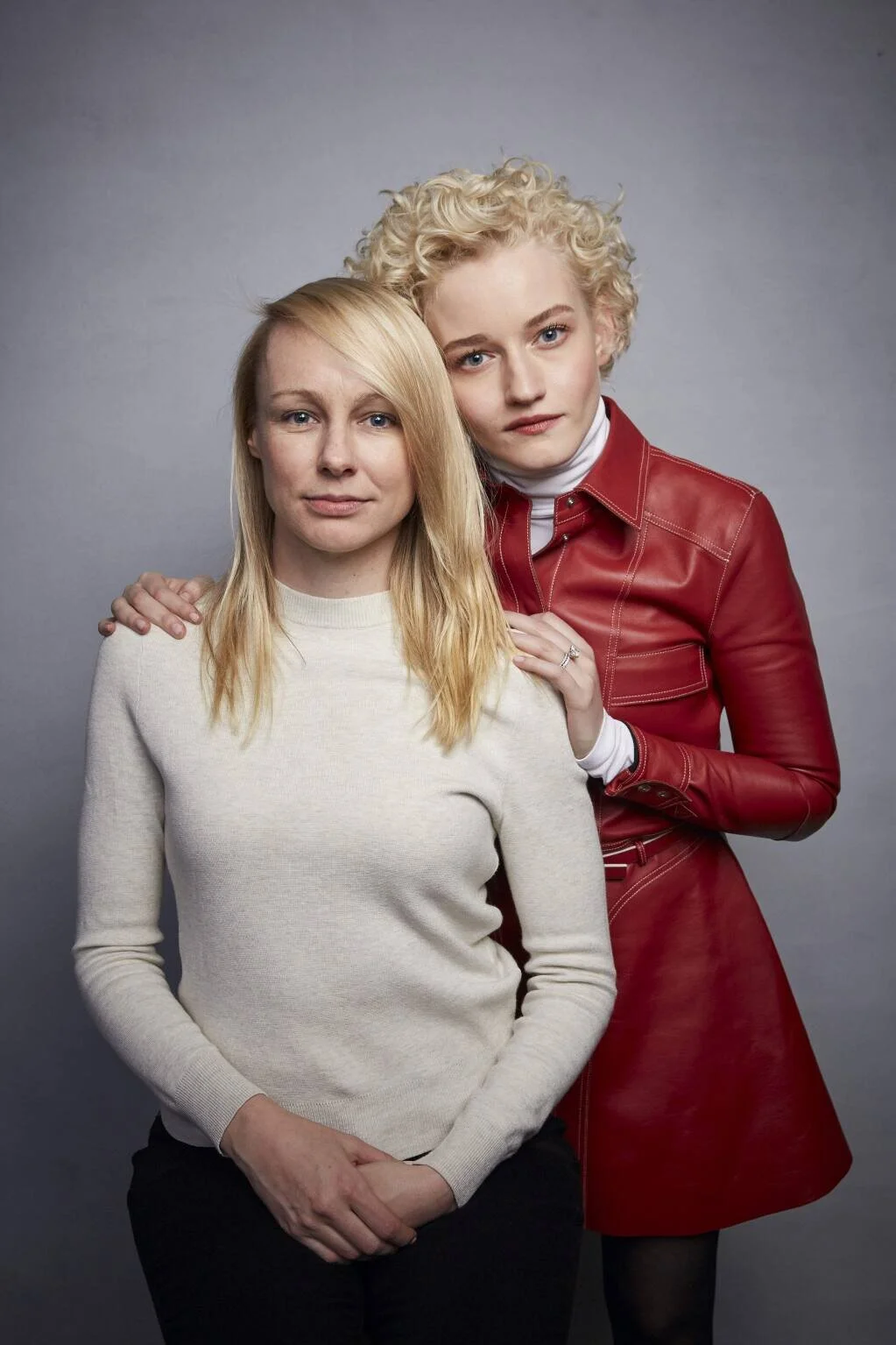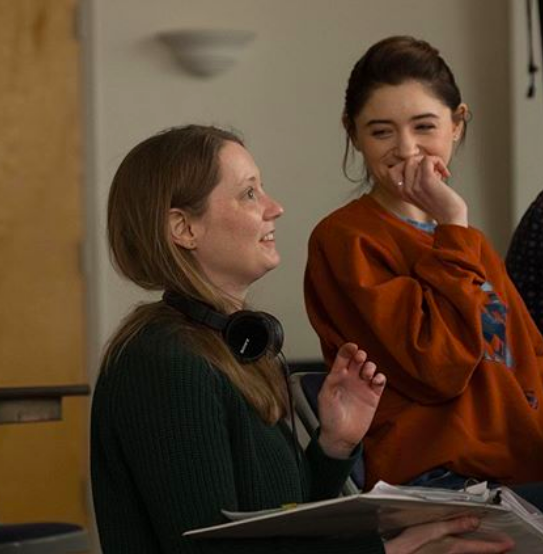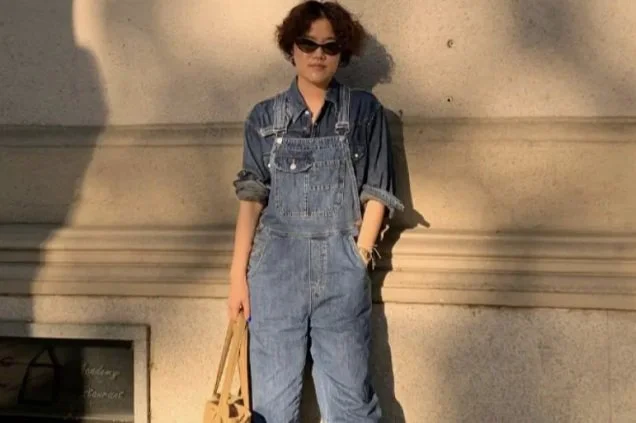Up-and-Coming Female Filmmakers to Watch For
by Christiane Salamat
From Agnès Varda’s multidimensional female characters in the ‘60s to Sofia Coppola’s girls in gilded cages, female filmmakers have always offered a unique perspective when it comes to storytelling. Here are a few of our favorite rising female directors, highlighting and celebrating the female voice and experience as they are today.
LULU WANG
2019 was a great year for Lulu Wang: her second feature film, The Farewell, was released through A24, garnering critical acclaim throughout festival season and a Best Actress win for its breakout star Awkwafina at this year’s Golden Globes. The film, chronicling a first-generation Chinese American woman returning to her native China as her family seeks to spend time with their terminally ill matriarch, has resonated with many who feel homesick for a place that is no longer familiar. The Farewell, partially based on Wang’s own life, follows the protagonist, Billi, navigating the cultural gap between the U.S. and China, and wrestling with the moral dilemma of keeping her grandmother’s illness a secret from her. [photo: @thumbelulu]
TAYARISHA POE
Released this January through Prime Video, Tayarisha Poe’s debut feature film, Selah and the Spades, is a coming-of-age story unlike any other. The film centers around the antics of a preppy East Coast boarding school clique and its magnetic, cunning leader, Selah.
Unlike other portrayals of high school society life à la Gossip Girl or Gilmore Girls, Poe is more interested in breaking down power dynamics formed between students rather than perpetuating them. Throughout the film, Poe portrays multi-faceted teenage characters all the while featuring the story of a far too underrepresented demographic at its forefront: one of a Black teenage girl. If Selah and the Spades is an indicator of Poe’s auterism to come, we can’t wait to see what’s next from her.
[photo: @tayarishasaurusrex]
KITTY GREEN
With the release of The Assistant last year, Australian writer-director Kitty Green has captured a piercing portrait of the state of the film industry today and its sexist power structures. The Assistant marks Green’s first venture into narrative filmmaking, after directing multiple documentaries in years past. Green’s own filmmaking philosophy is to “find a way into [a subject] that’s somewhat different than what someone would normally do with that issue,” and it’s evident in The Assistant’s delightful subtleties: the lack of a soundtrack, the minimal dialogue and the sharpness of sound in the film. Shot in just 18 days, The Assistant is a testament to Green’s unique abilities as a director to create resonant commentary in a bare-bones production.
[photo: Taylor Jewell/Invision/AP]
KAREN MAINE
First-time director Karen Maine has a distinctive talent for turning taboo female experiences into hilariously relatable anecdotes, first in her screenplay for 2014’s A24 comedy Obvious Child, and now in her directorial debut, Yes, God, Yes. While Obvious Child followed a Brooklyn stand-up comedienne through an unexpected pregnancy and abortion, Yes, God, Yes is about the sexual awakening of a Catholic school student in the early 2000s. In this film, Natalia Dyer plays Alice, a teenager who discovers her sexuality via watching a sensual Leonardo DiCaprio in Titanic and instant messaging strangers. The way in which Maine’s films depict female sexuality in a positive light is a refreshing take, and one that we need.
[photo: @borismartinphoto]

